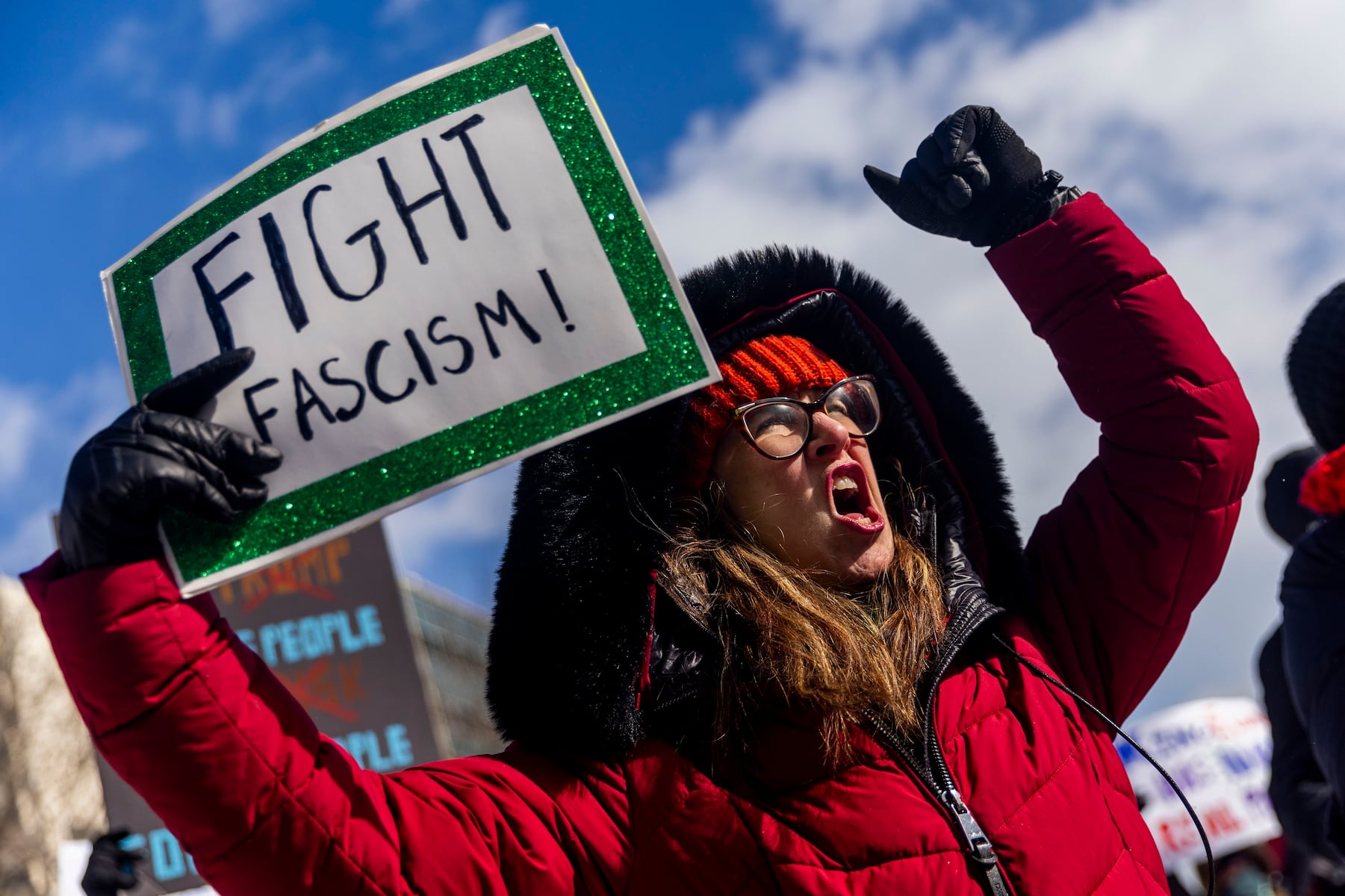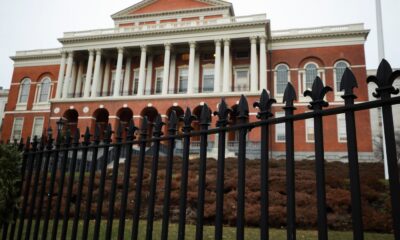Politics
Trump Targets Opponents with Domestic Terrorism Label

President Donald Trump has issued a national security memorandum that seeks to investigate and prosecute individuals and organizations labeled as “domestic terrorists.” This directive, outlined in Federal Register Document 2025-19141, aims to address what the administration describes as an “assault against democratic institutions, constitutional rights, and fundamental civil liberties.” Critics argue that the order primarily targets those who oppose Trump’s governance.
The memorandum suggests that individuals demonstrating “hostility towards those who hold traditional American views on family, religion, and morality” may face investigation. The administration claims these individuals are part of a broader network attempting to “foment political violence” and disrupt the democratic process. This approach has raised significant concerns regarding civil liberties and the potential misuse of governmental power.
In a notable reaction to this policy, former FBI Director James Comey was indicted shortly after the memorandum was issued. Reports indicate that the case against him lacked substantial evidence, prompting multiple Justice Department lawyers to resign or be dismissed rather than participate in what they viewed as a politically motivated prosecution. Such developments have intensified fears that the administration is leveraging federal authority to silence dissent and threaten nonprofit organizations and their members.
Critics are calling this approach a form of authoritarianism that is inconsistent with American democratic values. Activist Peter Zito from Akron has publicly condemned the administration’s tactics, urging citizens to resist what he describes as an attack on freedom. In a letter to the editor, Zito emphasizes the need for public engagement, encouraging participation in pro-democracy rallies and urging members of the Republican Party to oppose the administration’s measures.
As political tensions rise, the implications of this national security memorandum extend beyond legal ramifications. Many fear that labeling opponents as “domestic terrorists” could create a chilling effect on free speech, stifling diverse opinions and undermining the principles of a democratic society. The situation remains fluid, with ongoing debates about the balance between national security and the protection of civil liberties.
The future of political discourse in the United States may hinge on how lawmakers, particularly those in Congress, respond to this controversial directive. As the dialogue continues, the call for active resistance and the preservation of democratic ideals grows louder among citizens concerned about their freedoms.
-

 Science1 week ago
Science1 week agoResearchers Challenge 200-Year-Old Physics Principle with Atomic Engines
-

 Politics7 days ago
Politics7 days agoNHP Foundation Secures Land for 158 Affordable Apartments in Denver
-

 Health1 week ago
Health1 week agoNeuroscientist Advocates for Flag Football Until Age 14
-

 Lifestyle1 week ago
Lifestyle1 week agoLongtime Friends Face Heartbreak After Loss and Isolation
-

 World1 week ago
World1 week agoTroops to Enjoy Buffalo Chicken, Thai Curry in 2026 MREs
-

 Health7 days ago
Health7 days agoFDA Launches Fast-Track Review for Nine Innovative Therapies
-

 Top Stories1 week ago
Top Stories1 week agoUnforgettable Moments: The Best Victoria’s Secret Performances
-

 World1 week ago
World1 week agoGlobal Military Spending: Air Forces Ranked by Budget and Capability
-

 Business1 week ago
Business1 week agoMaine Housing Inventory Surges to Post-Pandemic High
-

 Politics1 week ago
Politics1 week agoIsraeli Air Strikes in Lebanon Kill One, Wound Seven Amid Tensions
-

 Lifestyle1 week ago
Lifestyle1 week agoJump for a Cause: San Clemente Pier Hosts Fundraiser Event
-

 Politics1 week ago
Politics1 week agoMassachusetts Lawmakers Resist Audit After Voter Mandate









